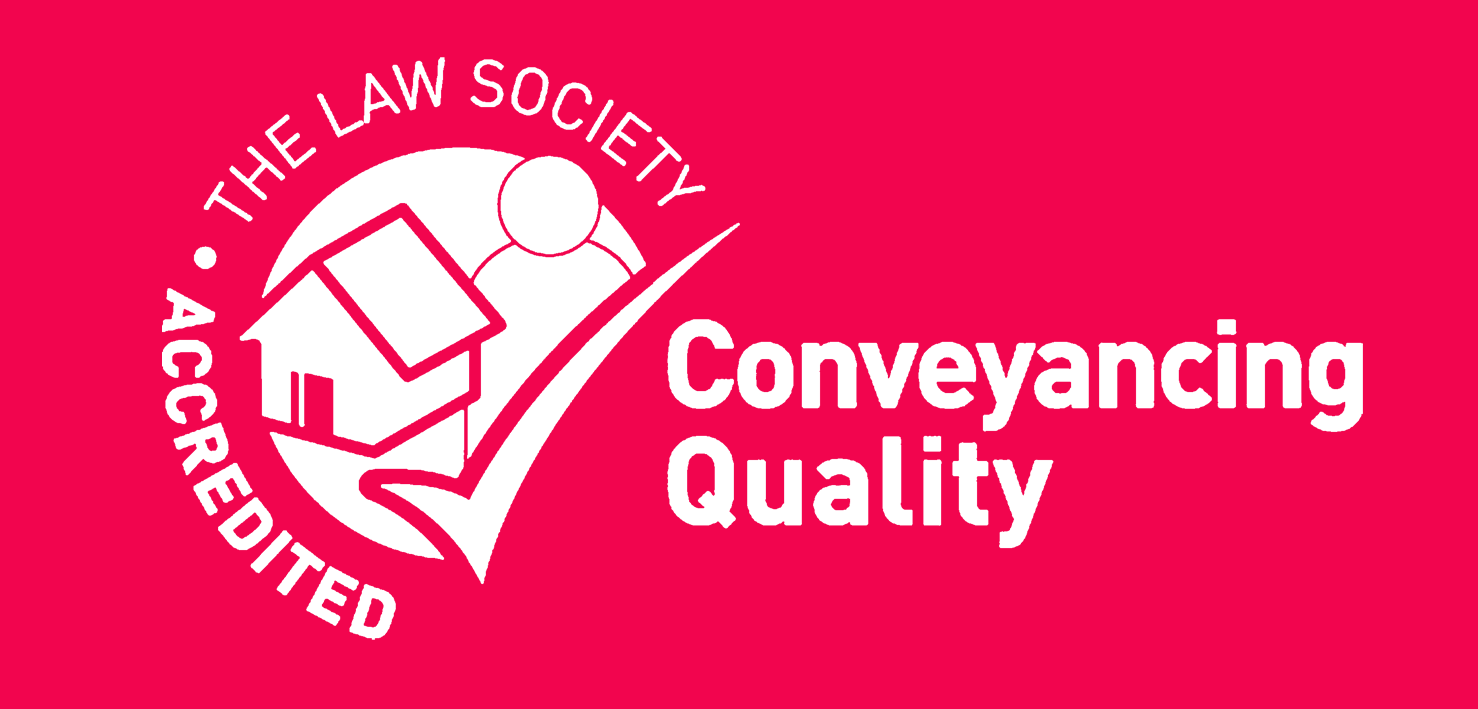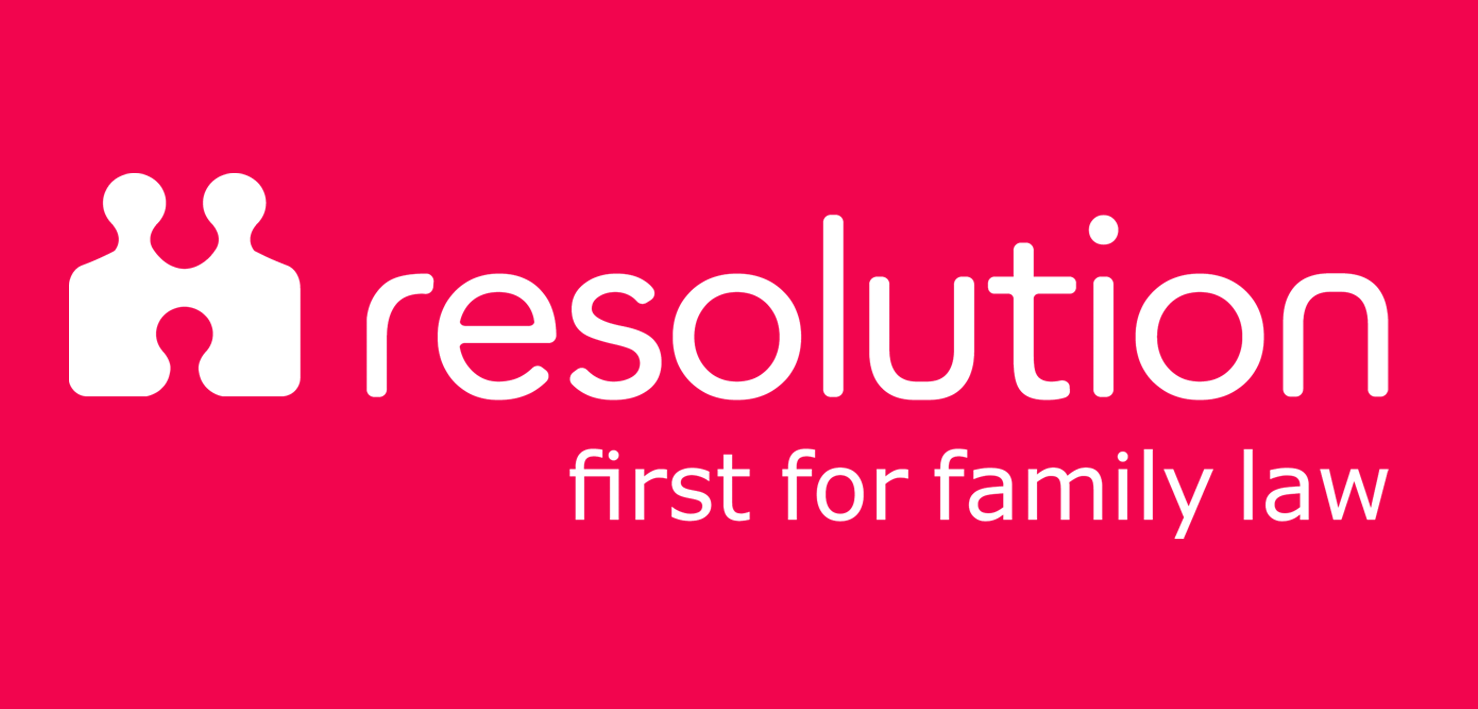Childcare arrangements & agreements after separation…
We are aware of the impact that any separation, no matter how amicable, will have upon the children of the family.
As members of Resolution, we will always seek to try and resolve issues between separating parents as amicably as possible and ensure that all communication and correspondence is appropriate. Court applications are always the last resort.
We want to support you in reaching a constructive agreement without Court involvement. The agreement can then provide a positive and workable solution for you and your children.





